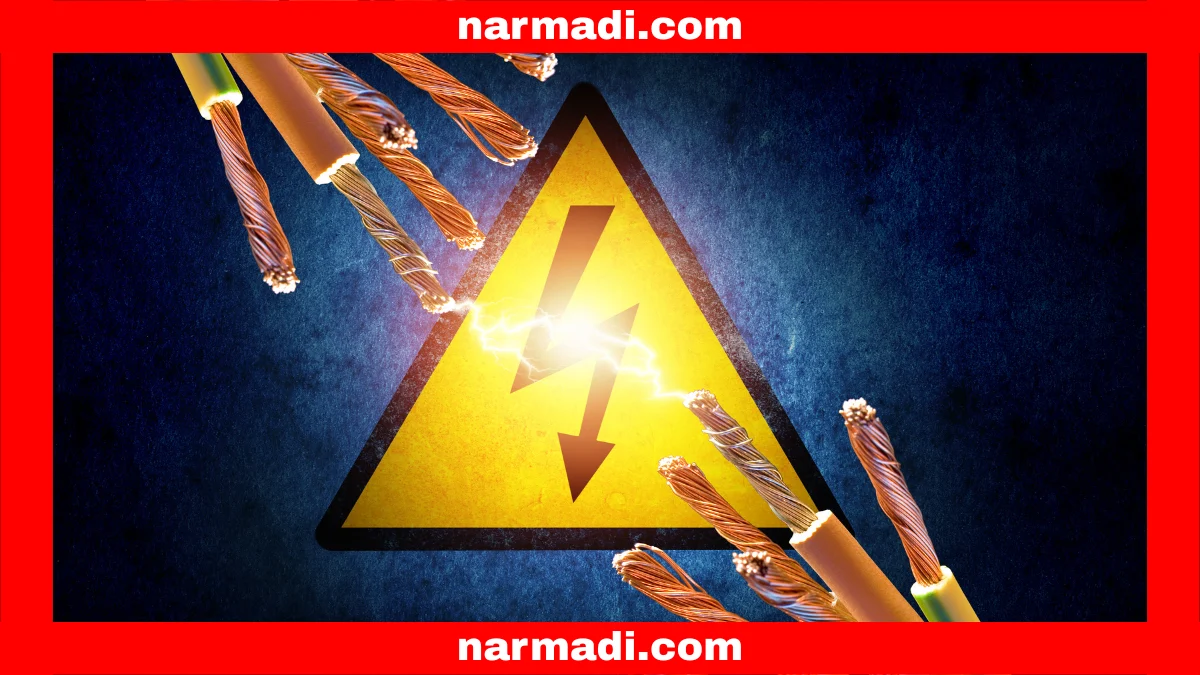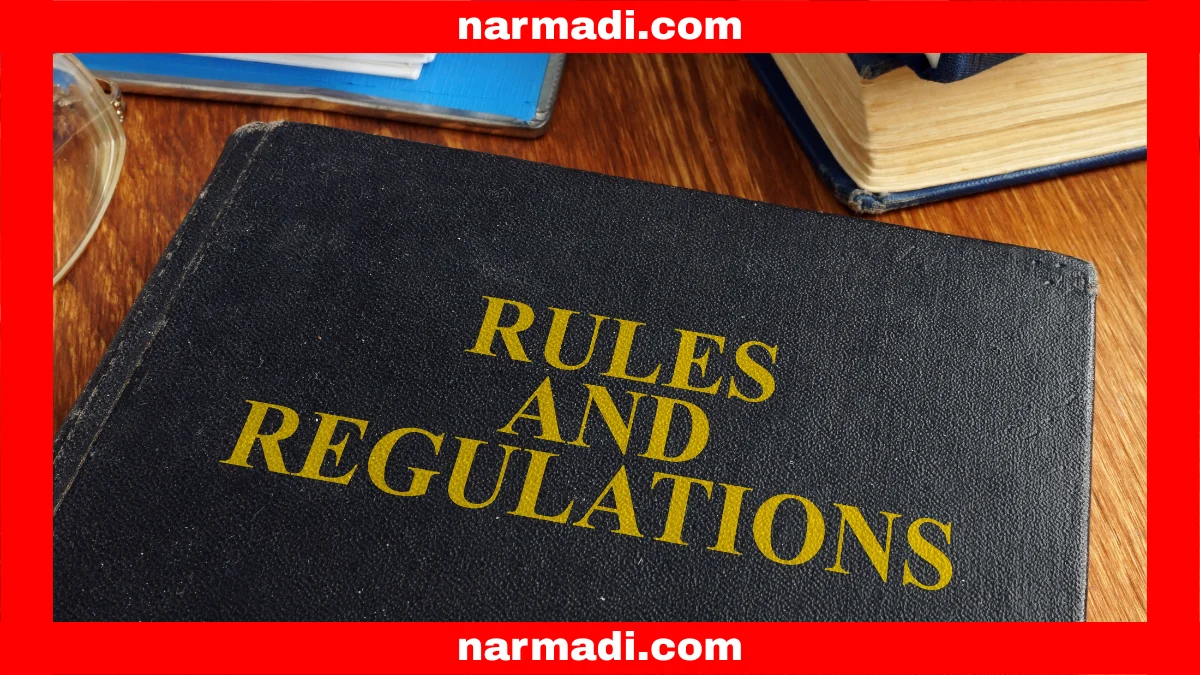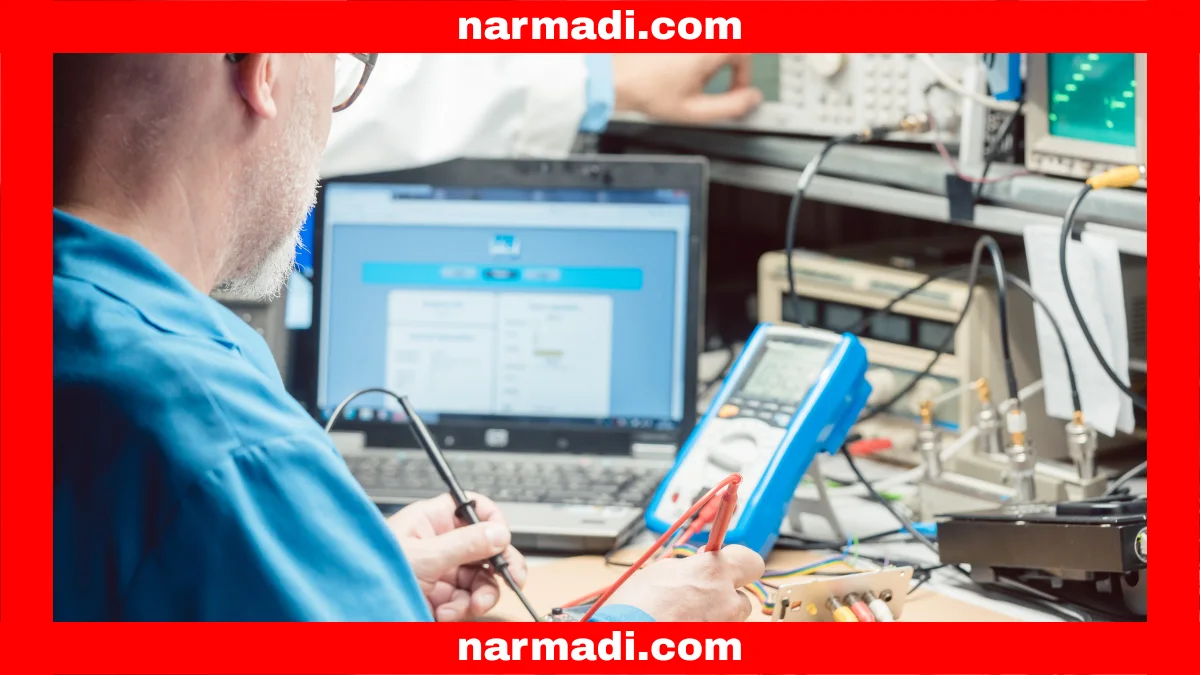To market electronic products in the global market, they must undergo electrical safety compliance. This is a type of approval that allows devices to be brought into any country.
In today’s digital age, the use of electronic devices is becoming increasingly widespread. It is important to note that electrical safety is the most crucial aspect of their use. One of the things used to ensure this safety is electrical safety testing.
The purpose of electrical safety compliance is to ensure that devices do not pose potential hazards such as electrical leakage, risk of electric shock, and the possibility of short circuits. These safety standards ensure that every device is safe for consumers to use.
To market electronic products in the global market, they must undergo electrical safety compliance. This is a type of approval that allows devices to be brought into any country. Obtaining approval ensures that products can operate optimally without posing potential hazards and meet all applicable safety standards.
The Importance of Electrical Safety Compliance

Electrical safety testing is a series of tests to ensure that electrical devices do not pose a risk to users or the surrounding environment. This testing is mandatory for the electronics industry, household appliance manufacturers, and the medical sector. It is also required in various other fields that use electrical devices.
Here are the benefits of electrical safety testing:
- Avoiding the risk of electric shock: Proper grounding will protect users from devices that have electrical current leaks.
- Protection from the risk of fire: Testing ensures that devices do not contain excess electricity that can cause fires.
- Guaranteed product quality and durability: More durable because they have been proven safe under normal conditions of use.
- Trusted and accepted in the international market: Compliance with various electrical safety regulations in each country ensures that the products are easily accepted in the market.
Products Requiring Electrical Safety Compliance
Here are some examples of common products that require electrical safety compliance:
Telecommunication products
- Smartphone
- Line/wired telephone
- Tablet PC
- Handy Talkie/Walkie Talkie
- Switch
Home appliances
- Smart dishwasher
- Smart oven
- Smart washing machine
- Smart refrigerator
- Smart air conditioner
Medical and health products
- Blood glucose monitoring system
- Blood pressure monitoring system
- MRI system
- Smart operating table
- Digital radiography
Regulations and Standards

Electrical safety compliance is a process that manufacturers must undergo to meet applicable safety standards. The goal is to facilitate the use, trade, and import of devices into a country.
This testing is conducted based on international standards, such as:
- IEC (International Electrotechnical Commission)
- UL (Underwriters Laboratories)
- ISO (International Organization for Standardization)
- LVD (Low Voltage Directive) European Union (EU)
- NRTL (Non Random Two Liquid) United States of America (USA)
In the ASEAN region, electrical safety regulations are regulated at the national level in each country, with ongoing efforts to harmonize standards through Mutual Recognition Agreements (MRAs). The goal, of course, is to accelerate the circulation of products in the regional market.
This step is beneficial for manufacturers targeting cross-border exports in Southeast Asia. However, the technical implementation is still in the process of evolving.
Several types of electrical safety compliance in Asia:
- Indonesia: SNI (Indonesian National Standard) for DJID Certification
- Malaysia: ST (Suruhanjaya Tenaga) for SIRIM Certification
- Thailand: TISI (Thai Industrial Standards Institute) Mark for NBTC Certification
- Singapore: Consumer Protection Safety Requirements (CPSR) for IMDA Certification
- Philippines: Philippine Standard (PS) Mark for NTC Certification
- Vietnam: QCVN (Quy chuẩn kỹ thuật quốc gia / National Technical Standard) for MoST Certification
- Cambodia: ISC (Institute of Standards of Cambodia) for TRC Certification
- India: BIS (Bureau of Indian Standards) for WPC ETA and TEC MTCTE Certification
Beyond the Asian market, Dimulti also offers opportunities to provide electrical safety compliance services in international markets. This means that companies are not limited in their opportunities to go global.
Testing and Certification Process

Electrical safety compliance is a process that manufacturers must undergo in order to market electronic devices in each target country. This process generally involves the following stages:
- Document Preparation: Gather all necessary technical documents.
- Radio Frequency (RF) Testing: Evaluate wireless signal transmission.
- Electromagnetic Compatibility (EMC) Testing: Ensure that the device does not interfere with other devices.
- Electrical Safety Testing: Ensure that the device is safe to use.
- Laser Safety Testing: For laser-based devices.
- Specific Absorption Rate (SAR) Testing: Evaluate RF energy exposure to humans.
- Type Approval Process: Apply to the relevant authority.
- Certificate Issuance: An official certificate is issued.
Each country may have slight differences, but the above process is a general step that will be taken in every testing and certification process. Electrical safety compliance should not be viewed merely as an administrative process, but rather as a key strategy.
Product Compliance Services

To efficiently pass electrical safety compliance, you need the right partner. To help meet your needs, Dimulti is here to provide product compliance services.
We will help manage all aspects of the compliance certification process with our team of experienced experts. Here are the services we provide:
- Identifying applicable standards
- Monitoring regulatory changes
- Reviewing technical documents
- Preparing application documents
- Managing communication with regulators
- Recommending design changes if necessary
- Assistance with model/variant changes
- Arranging EMC, RF, SAR, and Safety testing in nationally and internationally accredited laboratories
- Providing local representatives (if required by the destination country)
- Assistance for importers/distributors
- Certificate renewal/extension
Dimulti has extensive expertise gained from over 10 years of experience. This experience has enabled us to establish a global network of partners, facilitating your electrical safety compliance matters. We are ready to be the right partner for the smooth running of all the certification processes you need.
Contact Us!
Why choose us!
Here are some strong reasons why you should choose us as your business partner.
